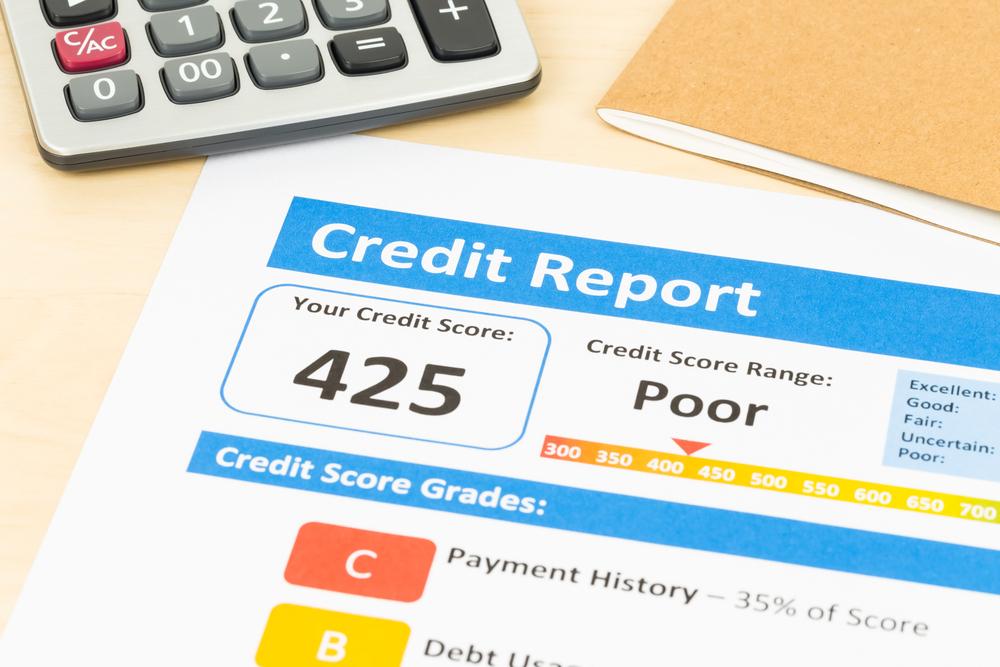Essential Tips for Effective Household Budgeting
Learn essential household budgeting tips and tools to effectively manage your finances. This guide covers practical methods, common pitfalls, and smart strategies to ensure financial stability and achieve your savings goals. Whether using traditional or digital tools, staying organized and flexible is key to successful personal finance management.

Key Strategies for Managing Your Household Finances
Are you often concerned about whether your income covers your expenses, savings, and debt repayments? Creating a household budget helps organize and control your finances. When planning your budget, consider past spending habits and current debts to get an accurate picture of your financial health. Various tools can assist in developing, managing, and refining your personal budget. The success of these tools depends on the accuracy of your data and how well you utilize them.
Here are some popular methods to create an effective household budget:
Pencil and Paper: A classic approach involves using paper and a calculator to track income and expenses. Although modern technology offers faster options, physical records are useful for organizing budgets in files or binders for quick reference.
Spreadsheet Software: Using spreadsheet programs enables calculations with formulas, helping track income and expenses efficiently. However, updating dates and entries requires manual adjustments.
Personal Finance Software: Dedicated budgeting applications monitor various accounts, including checking and savings. They analyze past spending to generate monthly reports, aiding future planning.
Online Budgeting Platforms: These sites focus on money management, often with privacy policies to protect your financial data. They provide tools tailored for budgeting.
Spending Management Tools: These specialized programs evaluate your income against expenses, helping determine how much you can spend monthly. Some connect directly to bank accounts for real-time updates, reducing guesswork in budgeting.
While creating a household budget offers many benefits, certain practices can help avoid common pitfalls:
Set clear goals with specific timelines. Know your income sources, amounts, and how funds are allocated.
Keep the process simple. Overly complicated budgets can be discouraging. The goal is awareness of income and expenses, not strict predictions for purchases.
Remember that budgets are adaptable. Review them monthly and adjust for any overspending by balancing categories in subsequent months.
If your income varies, budget carefully. Calculate annual income and keep expenses slightly below it—usually 5-10%. This approach ensures savings and financial stability over time.
Note:
Our blog offers diverse insights across multiple topics, providing practical information to help readers make informed decisions. The content reflects research and expert advice but should not replace professional guidance. The team is not responsible for discrepancies or omitted offers that may benefit readers more than the covered options.










